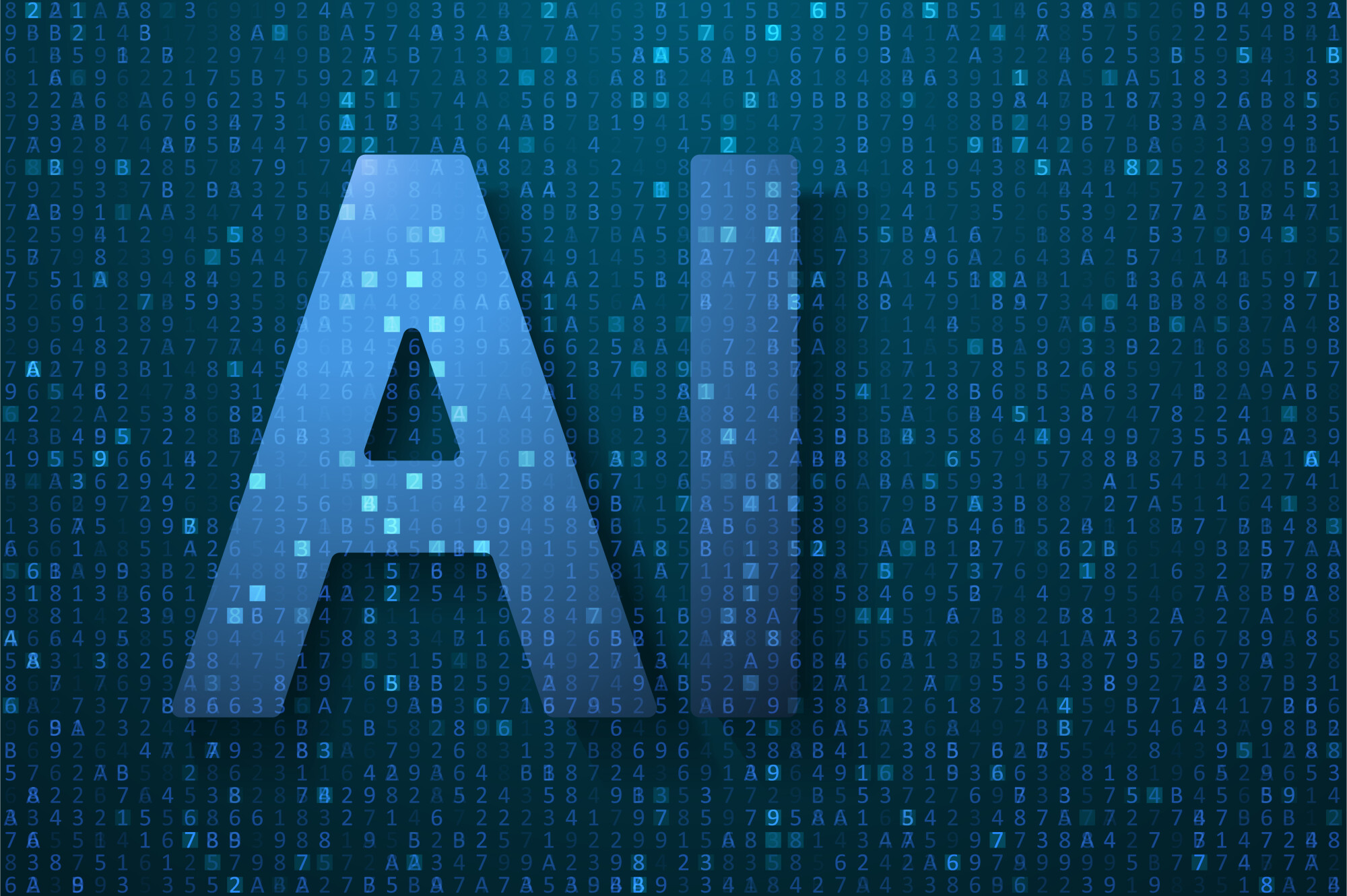Artificial Intelligence (AI) is taking the world by storm. In fact, 35% of businesses reported using AI and 42% are looking into it. But, as useful as artificial intelligence can be, there are some aspects of it that could quickly become problematic.
Learn more about the good, the bad, and the ugly aspects of AI content creation below.
Contents
The Good
AI wouldn’t be as popular as it is if it didn’t have a few features that make life easier. As it’s being adopted by more and more people and businesses, more information is becoming available about how it works and who should use it. For example, this guide to marketing automation looks at how technology can help improve customer relationships.
Increased Efficiency
AI algorithms can process vast amounts of data. They also analyze patterns and generate well-written articles, blog posts, or product descriptions. AI could make it cheaper and quicker to produce this kind of content.
This efficiency can help businesses save time and resources, allowing them to focus on other important tasks. For example, many businesses have turned to AI-based marketing automation.
Improved Accuracy
AI-powered content generation tools are continuously learning and evolving. As a result, they can produce accurate and error-free content, reducing the chances of human errors such as typos or grammar mistakes. This can enhance the quality of content and make it more reliable for readers.
AI-created content can also do some pretty accurate research. While it doesn’t always get everything right, it’s great at scanning the internet. That means it can find information quickly to sort it into relevant content pieces that you need to create.
Language Translation
AI-based translation tools have made significant progress in breaking down language barriers. They can translate content from one language to another. This makes information accessible to a global audience.
This feature has immense potential in fostering cross-cultural understanding. It might even help make education more accessible.
The Bad
Unfortunately, all the positives that AI has given the world walk hand-in-hand with the negative. It’s becoming more and more difficult to tell AI-produced content from human-produced content. The result is a lack of creativity and originality in work and life in general.
Lack of Originality
While AI can generate content quickly, it often lacks the originality and creativity that human writers bring to their work. AI algorithms rely on patterns and existing data. This results in content that feels formulaic or lacks a unique perspective.
This can be detrimental to industries that rely on creative and innovative content, such as literature, arts, or journalism. It also spells bad news for this seeking to build a creative marketing strategy using AI.
Simply put, it’s hard to replicate creativity. The concept of creativity itself is inherently human. If AI is ever capable of producing truly creative content, it could be years before it does so in any way comparable to a person.
Ethical Concerns
The rise of AI content generation has raised ethical concerns surrounding plagiarism and copyright infringement. AI algorithms can unintentionally reproduce copyrighted content or imitate the writing style of individuals without their consent. This poses legal challenges and questions the authenticity and ownership of AI-generated content.
Deceptive Manipulation
AI-powered content creation can also be used for malicious purposes. Deepfake technology can create realistic but fake audio or video content. This leads to the spread of misinformation or fake news.
This can have severe consequences on public trust and societal harmony. It also breaks down societal trust, which is necessary for society to function normally. If you want to use the best digital marketing management practices, it may be a good idea to avoid AI for now.
The Ugly
So, what “ugliness” does the future of AI hold? While progress is usually seen as a good thing, is progress for the sake of progress ever really worth it? When progressive steps are made that negatively impact the human experience, surely they simply aren’t worth taking.
Job Displacement
The widespread adoption of AI content creation tools may lead to job displacement for human writers and content creators.
The result is an increase in unemployment rates. It might even mean economic challenges for those who rely on writing as their profession. When people face poverty, they turn to drastic measures to survive.
And it’s not only writers and content creators AI is coming for. Those working in the technology industry could see their jobs ripped out from under them as AI continues to improve.
Biased Content
AI algorithms are trained on existing data, which can contain biases and prejudices. If the training data is biased, the generated content may reflect those biases.
This might accidentally create biased content. The result is discriminatory content that reinforces societal divisions. People would rather see inclusivity.
Loss of Human Touch
AI-generated content, despite its accuracy, may lack the human touch and emotional connection that human-created content can provide. The nuances, personal experiences, and empathy that come from human writers can’t be replicated entirely by algorithms.
This loss of human touch can affect the overall reader experience and connection with the content. People want to know that what they’re reading is written by someone who understands them.
Humans are also, quite frankly, better at contextualizing situations. While AI can appreciate context to some degree, it can’t do so the same way humans can. Being able to put things into context makes human beings better writers than AI will ever be.
AI Content: The Good, The Bad, The Ugly, and… The Future?
AI content creation has its merits and drawbacks. It does offer increased efficiency, improved accuracy, and language translation capabilities. But, there are concerns regarding originality, ethics, and deceptive manipulation.
The potential job displacement, biased content, and loss of human touch are challenges that need to be addressed. Striking a balance between AI-generated content and human creativity isn’t easy.
For more informative content, check out our other articles.



